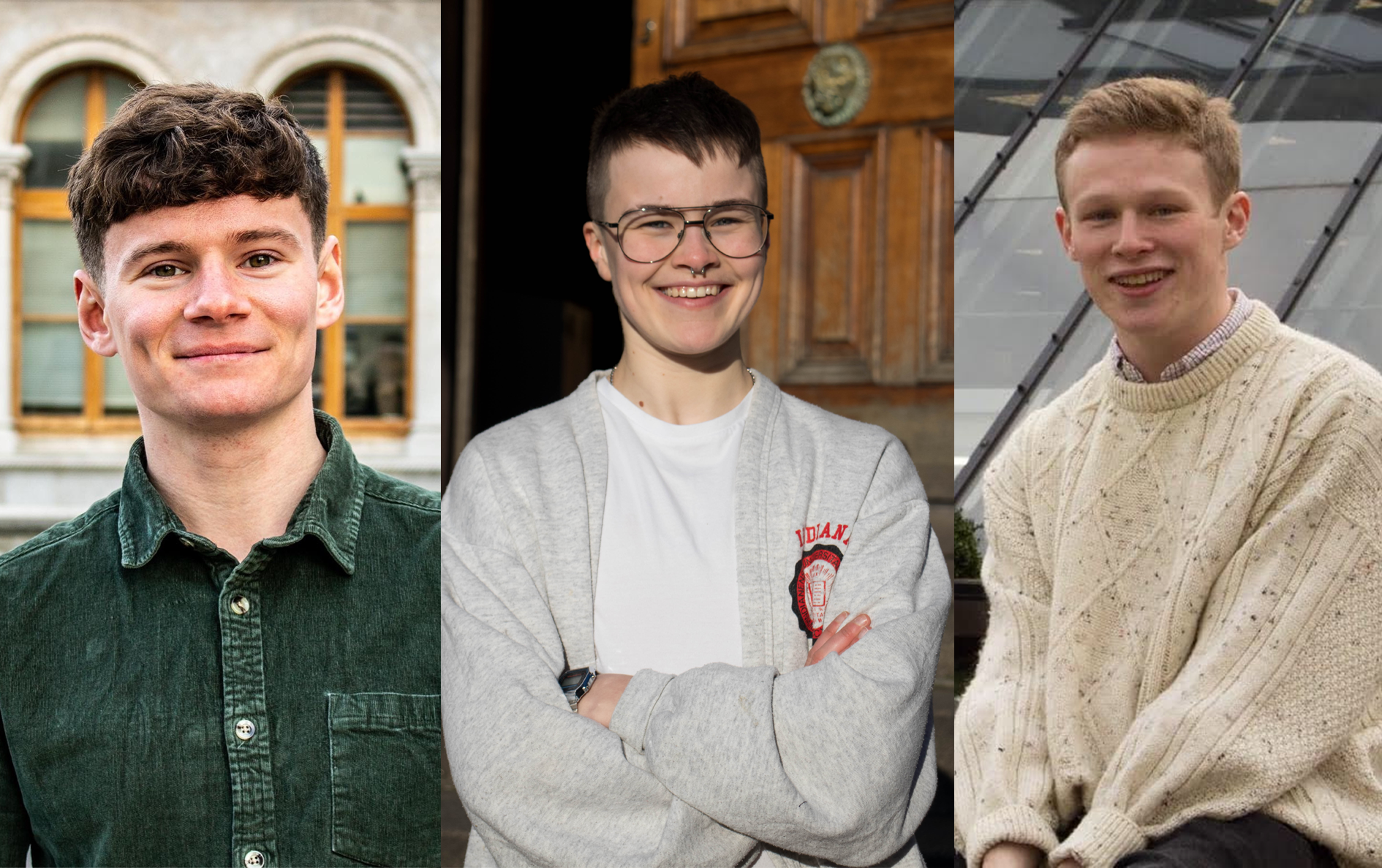With another Student Union election season comes the inevitable debate around the SU’s value, its function, and its mandates as a political entity. The three candidates vying for the position of TCDSU president have supported at least some of SUs political mandates to varying degrees, but their collective lack of activism experience and sense of urgency when it comes to the issues holding today’s students back is damning and disheartening.
Among this year’s three presidential hopefuls, none seem to be as motivated, agitated or impassioned as the leader of a major student movement needs to be at this moment. Ireland is at a major political turning point, with an unprecedented surge to the left in this year’s General Election that was well forecast by the nation’s rising youth activism across a wide range of issues, from equality to housing to reproductive rights. Most importantly though, these are just student issues. There are Trinity students who live in direct provision. There are Trinity students who can’t afford the rent for their apartments because of government policy. There were Trinity students who had to go abroad for reproductive healthcare under the Eighth Amendment. You cannot draw a line between national issues and local issues; they’re one and the same.
The frontrunner in the TCDSU election campaign, Eoin Hand, is by far the most politically neutral of the candidates, hiding any coherent ideology behind a veneer of down-to-earth pragmatism. In his interview with Trinity News, Hand self-described as “quite apolitical”, insisting on turning his attention almost entirely towards local issues and on-campus student problems, rather than the systemic, widespread issues plaguing the country’s students. Hand’s credentials as an activist extend only as far back as last Thursday at the rent protest, which he described as his “first steps” into activism, and it’s tough to see his appearance at Front Gate as anything more than posturing for a camera to tick a box on his campaign.
Hand’s apoliticism extends to the country’s wider political context too, admitting on the topic of the general election that he votes not for a party but for a person, “who get the roads fixed, who gets the signposts up”, and it’s in this attitude we see his potential leadership style most clearly present itself. Hand wants little more than to be the local issues candidate, focusing a worrying amount of his campaign on securing more microwaves for students rather than actually balancing the “micro and macro issues” he keeps insisting on. Hand has referred to direct provision as “disgusting”, whilst at the same time showing a noticeable lack of enthusiasm for raising awareness of and lobbying against this system. If that disgust can’t be channeled into a referendum to form a direct SU stance on the issue, or a protest that takes him outside the college’s walls, is it really genuine?
The runner-up so far, Ryan Carey, focuses a little more on the political side of the union but he far from makes it a central aspect of his campaign. Although he was involved in Take Back Trinity and last Thursday’s rent protests, there’s something of a lack of urgency and focus on activism in his campaigning, perhaps because of his opponents’ almost complete disregard of that side of the role. Carey’s manifesto does at least address the president’s role as Chief Campaigns Officer and sheds light on the types of issues he would advocate for, and how he would find time to do so, which is far more than can be said for his peers. Even with all the right rhetoric in place though, Carey has shied away from making it the focus of his campaign.
Finally, the anti-establishment, ‘outsider’ candidate Harry Williams is not so much apolitical as he is anti-political, vying in his manifesto for a “politically neutral” Student Union. He doesn’t seem to be aware of the inherent politicism of even his own policies, including a controversial push to leave the USI, a dangerous proposition that would even further disempower and isolate Trinity students, preventing them from being part of country-wide activist movements.
How can we expect an apolitical candidate to take control, and to lead the college’s students in unity to achieve the tangible change that’s needed? Even the most ‘political’ of the presidential race’s candidates hasn’t really focused on the political side of the role thus far in the campaign, and experience alone doesn’t bring the forceful passion for change that’s needed.
Incumbent SU President Laura Beston promoted a similarly motivated activist streak in her own campaign, one which has somewhat fallen short as the year has gone on. Indeed, if one were to make any criticism of the current SU, it would be that it isn’t nearly political enough. The dithering that took place over support for Cut the Rent comes to mind, even though the proposed rent strike was due to take place exclusively on Trinity’s own campus. Having failed to capture that moment, we now find ourselves staring down a further campus rent hike. This is the price of inaction.
Students are supposed to be a driving force for change, an energetic and invigorated political entity that can be honed to do good. Our current student union leadership has failed to hone and properly mobilise that potential in an age where it’s more necessary than ever, and with a trio of candidates even less politically inclined. It’s a frankly embarrassing representation of today’s student activism.






